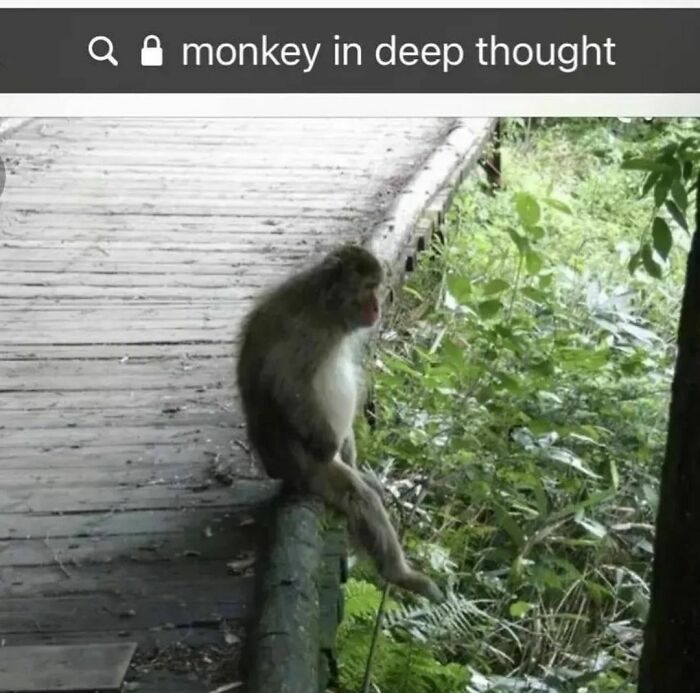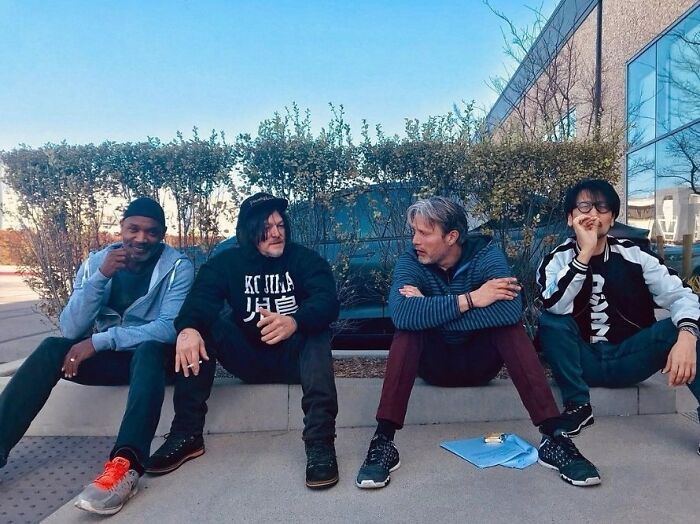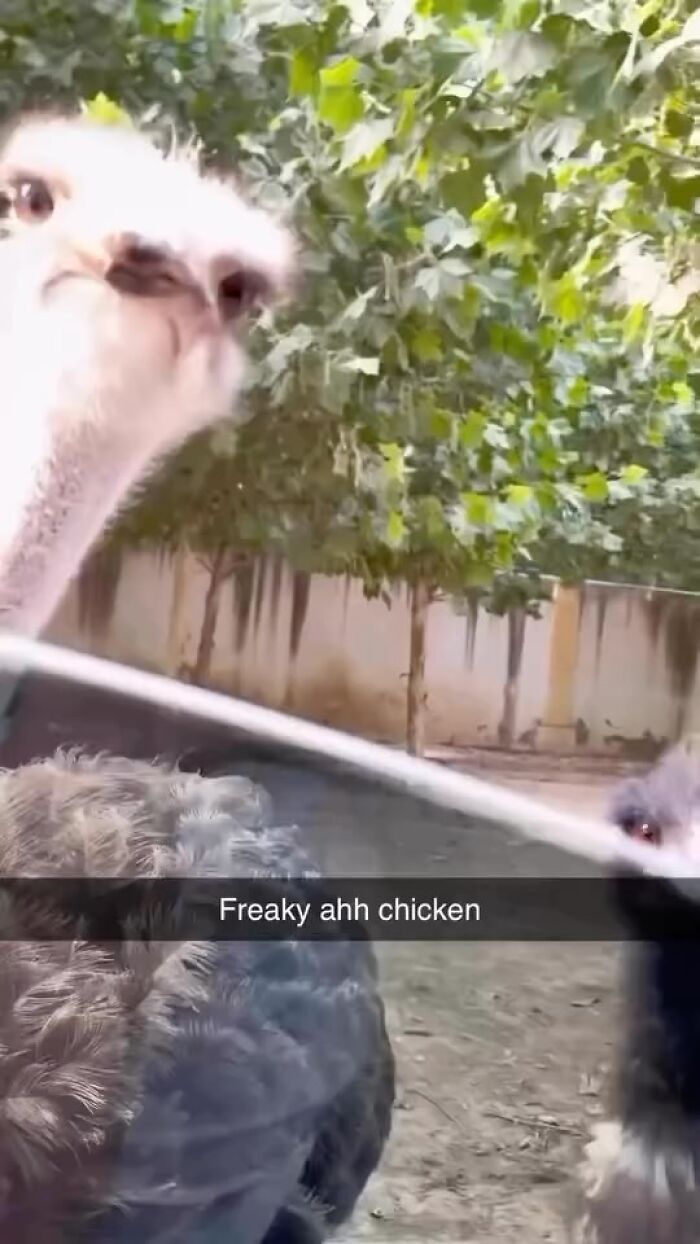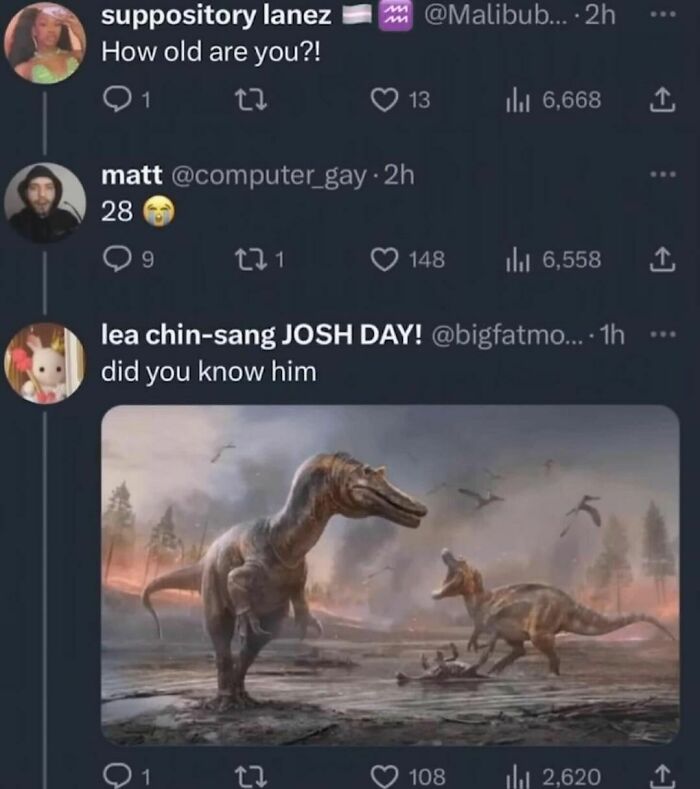In the past few years, online content has undergone an intense transformation, and the main culprit is artificial intelligence (AI). Its presence is seen in the news, photo editing, video production, you name it. However, as the internet is embracing this new technology, some purists reject it altogether. And the Instagram account ‘Things A.I. Could Never Recreate’ is one of them. This fun social media project showcases unique footage that captures what it’s like to be human. Whether we’re talking about once-in-a-lifetime coincidences, unfortunate fails, or good old irony, it’s all there. More info: Instagram This widely used model describes a process in which the initial success of a technology leads to inflated public expectations that ultimately fail to materialize. After the early “peak of inflated expectations” comes a “trough of disillusionment,” followed by a “slope of enlightenment” and finally, a “plateau of productivity.”
The paper argued that most of these technologies are two to five years away from becoming fully productive. Many compelling prototypes of generative AI products have been developed, but adopting them in practice has been less successful. A study released last month by American think tank RAND suggested that 80% of AI projects fail, more than double the rate for non-AI projects. “For example, generative AI systems can solve some highly complex university admission tests yet fail very simple tasks. This makes it very hard to judge the potential of these technologies, which leads to false confidence.”
These findings suggest that these models can induce false confidence in their users. “Because they fluently answer questions, humans can reach overoptimistic conclusions about their capabilities and deploy the models in situations they are not suited for,” Kovanovic explained. “Experience from successful projects shows it is tough to make a generative model follow instructions. For example, Khan Academy’s Khanmigo tutoring system often revealed the correct answers to questions despite being instructed not to.” For example, a recent survey of American companies discovered they are mainly using AI to improve efficiency (49%), reduce labor costs (47%), and enhance the quality of products (58%). So there’s a good chance that we’ll witness a more grounded integration of AI in various industries moving forward. Even OpenAI, which has led the race for large models, has released the GPT-4o Mini version to reduce costs and improve performance. So in the end, the AI revolution might look more like an evolution, and as this Instagram account suggests, there might be some things that it will never manage to recreate.
Follow Bored Panda on Google News! Follow us on Flipboard.com/@boredpanda! Please use high-res photos without watermarks Ooops! Your image is too large, maximum file size is 8 MB.

































































































































































